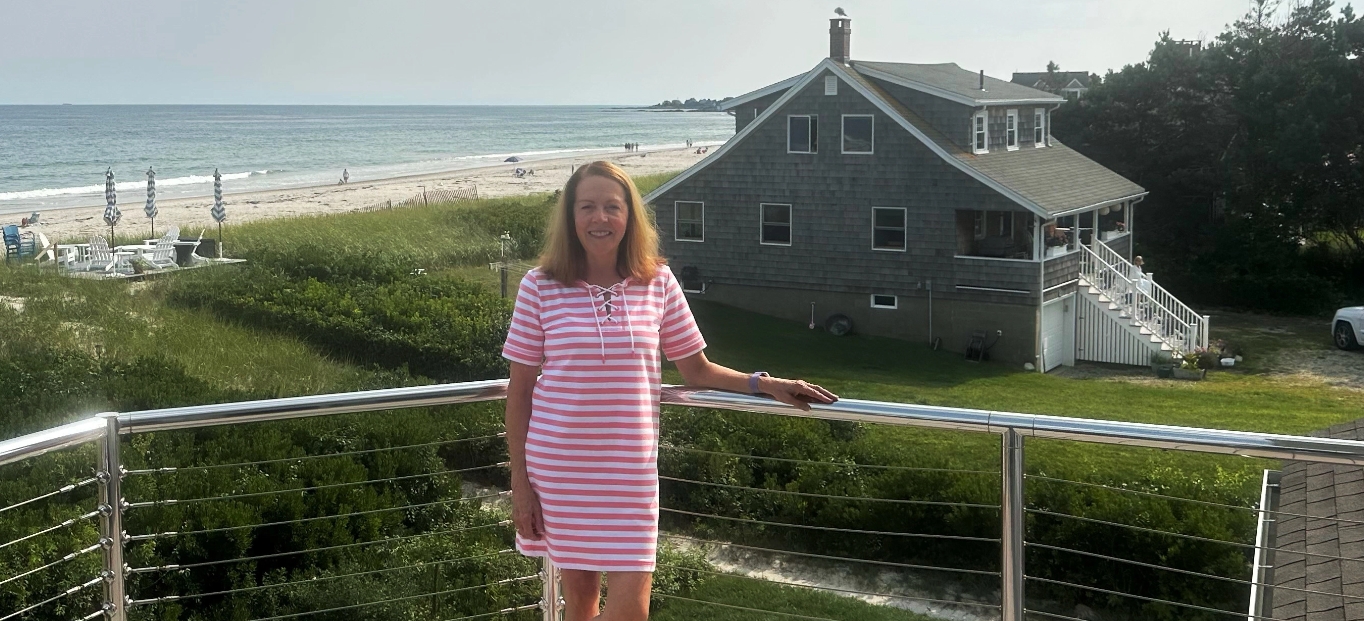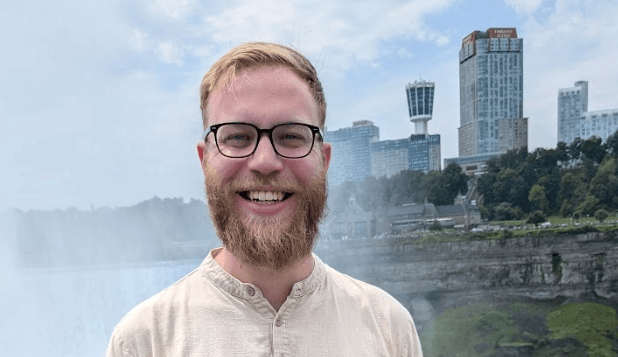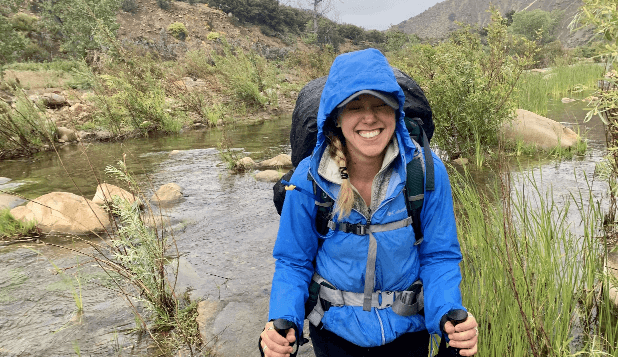

OSA Stories
JoAnne

I was diagnosed with obstructive sleep apnea (OSA) in July 2020 at 59 years old. I had been an excellent sleeper as a child and into adulthood, but I did struggle with snoring, waking up earlier than I wanted, and waking up every morning with a sore throat. I didn’t think much about any of that until I had jaw surgery for temporomandibular joint dysfunction in 2018. The surgery was to help prevent further bone erosion in my jaw. The oral surgeon didn’t ask me if I struggled with sleep trouble or snoring before the surgery.
After the surgery, however, I had much more difficulty sleeping. I woke up in the middle of the night at least eight times each night. As a result, I was absolutely exhausted throughout the day and I found myself taking daily naps.
I went to my doctor, who ordered an initial sleep study at home, which came back with positive findings. I did a second sleep study at home, which also came back positive, so my doctor referred me to a neurologist. The neurologist had me do an in-lab overnight study and then formally diagnosed me with moderate OSA (with an AHI of 24) about two years after my jaw surgery. I was happy to have a diagnosis, but both my primary care doctor and the neurologist said I “didn’t fit the typical patient profile for sleep apnea” as a 4’11” woman weighing less than 100 pounds.
I started using a CPAP in October 2020, and my experience with it in the beginning was difficult. It was uncomfortable, and it didn’t stop me from waking in the middle of the night. That said, I did find myself slightly less exhausted during the day and was able to stop napping, so I know it has been improving my sleep quality. I do still wake up at least 4 or 5 times a night, and I don’t find it easy to use CPAP when I’m traveling or on vacations.
Overall, I’m glad to have a diagnosis and know that what I was experiencing isn’t normal, but I hope for easier, more comfortable, and more affordable options to treat and manage my sleep apnea in the future.

